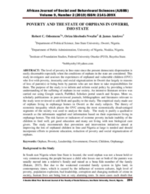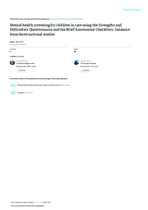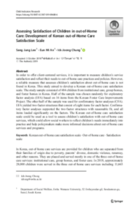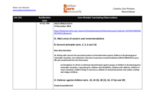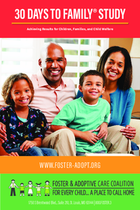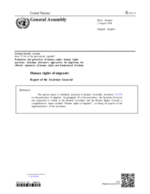An Integrated Model of Family Strengths and Resilience: Theorizing at the Intersection of Indigenous and Western Paradigms
This article theorizes a new conceptual framework of family strengths and resilience emerging at the intersection of indigenous and Western approaches to family systems.

